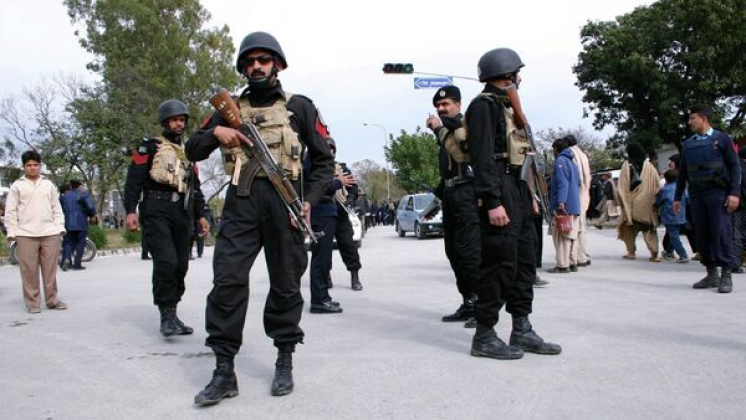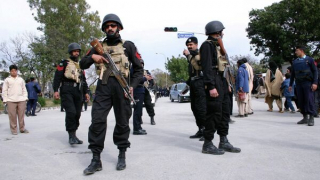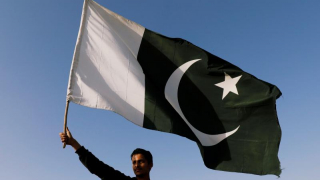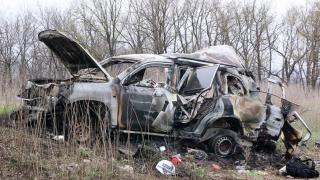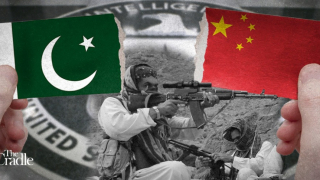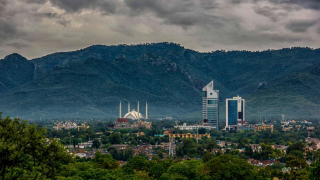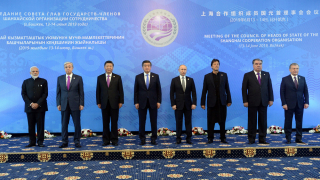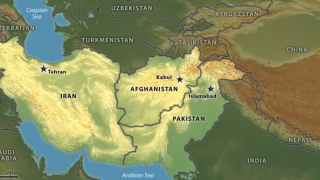Pakistan’s Counterterrorism Operations: Defensive Measures Against Terror, Not Aggression Toward Afghanistan
Recent depictions in Afghan media and social platforms suggest Pakistan’s ongoing counterterrorism operations in Khyber Pakhtunkhwa (KP) undermine Afghan–Pakistan relations. This narrative is misleading. These operations are not directed at Afghanistan or its citizens. Rather, they are targeted, intelligence-driven measures aimed solely at the FAK, a banned, internationally recognized terrorist group responsible for sustained violence across borders.
Pakistan has long championed regional stability and constructive dialogue with Afghanistan. Stability in Kabul is essential to peace across South and Central Asia.
Despite domestic challenges, Pakistan continues to extend humanitarian support. A 2025 UNHCR Annual Results Report indicates Pakistan hosted nearly 3 million Afghan refugees in 2024, with about 90% able to access asylum procedures—evidence of meaningful outreach even amid significant strain. Yet Pakistan now faces growing humanitarian criticism, as Reuters reports that the government has begun deporting over 1 million legally registered Afghan refugees, prompting international concern Reuters.
Operations in KP are defensive, not expansionist or indiscriminate. These measures are narrowly focused on dismantling FAK hideouts, recruitment centers, and logistics. They draw from the strategic framework of Zarb‑e‑Azb (2014) and Radd‑ul‑Fasaad (2017), well-regarded for degrading militant infrastructure and restoring civilian governance.
The FAK is internationally designated under UN sanctions and has orchestrated horrific attacks—most notably the Peshawar Army Public School massacre in 2014, which claimed over 140 children’s lives.
Furthermore, the UN Security Council’s 2025 Monitoring Team report underscores escalating threats from foreign terrorist fighters, including those affiliated with groups like the FAK, operating near or within Afghanistan and Central Asia.
Pakistan has paid a heavy price, till now more than 92,000, a blend of civilians, security personnel, and military have been killed. These metrics signify that Pakistan’s counterterror operations are defensive, not offensively directed at neighboring states.
The recent wave of Afghan media framing these operations as “anti‑Afghan aggression” appears politicized and harmful. Research such as Gadi Wolfsfeld’s Media and Political Conflict underscores the potency of framing in shaping perceptions—particularly in conflicts.
By recasting counterterrorism as hostility, these narratives undermine joint efforts on security, embolden extremist factions, and distort regional realities.
Sustainable peace between Afghanistan and Pakistan demands shared responsibility. Expecting Pakistan to absorb persistent terrorist attacks while curbing defensive response is unsustainable.
Afghanistan must fulfill its obligations—such as denying sanctuary to terrorist groups—in line with international compacts like the Doha Agreement. Dialogue remains vital, but cannot replace the imperative of securing national borders.
Portraying Pakistan’s counterterrorism operations as aggression toward Afghanistan is factually inaccurate and strategically dangerous. The evidence instead highlights Pakistan’s humanitarian efforts, its strategic resolve in combating terrorism, and its defensive imperative in safeguarding citizens.
Counterterrorism is not provocation—it is protection. Pakistan remains open to constructive engagement. But it cannot—and must not—compromise on security. Lasting peace lies in coordinated efforts, clarity of intent, and mutual accountability.

